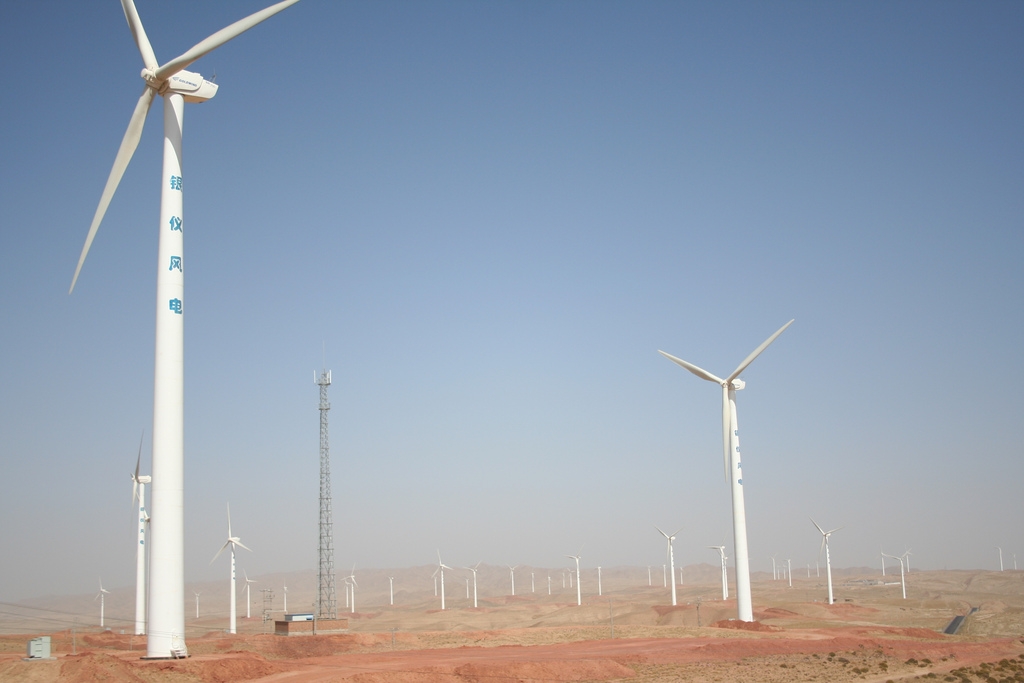The Asian Carbon Century
Jackson Ewing in the International Emissions Trading Association’s "IETA Insights"

August 2017
The epicenter of global emissions trading is moving east. The most vital measures for addressing global climate change are to help large, developing nations industrialize without runaway greenhouse gas (GHG) emissions, and to bring the capital and capacities of wealthy countries and firms to bear effectively. Emissions trading systems (ETSs) in the Asia-Pacific can do both. Their domestic effectiveness and regional connectivity will define the next generation of emissions trading, and help shape future international climate change mitigation policies and resource flows.
Published in the International Emissions Trading Association’s second edition of the IETA Insights, "The Asian Carbon Century" by Jackson Ewing, Director of Asian Sustainability at the Asia Society Policy Institute, offers thoughts on the carbon market developments and prospects for integration in Asia. Dr. Ewing argues that the most impactful carbon market developments are now occurring in the Asia-Pacific with Northeast Asian countries at the forefront. He emphasizes that while Asian countries are currently focused on domestic progress, there are promising signs of regional interest and formative phases need to yield markets that are flexible and “linkage ready” if the benefits of market connectivity are to take shape.